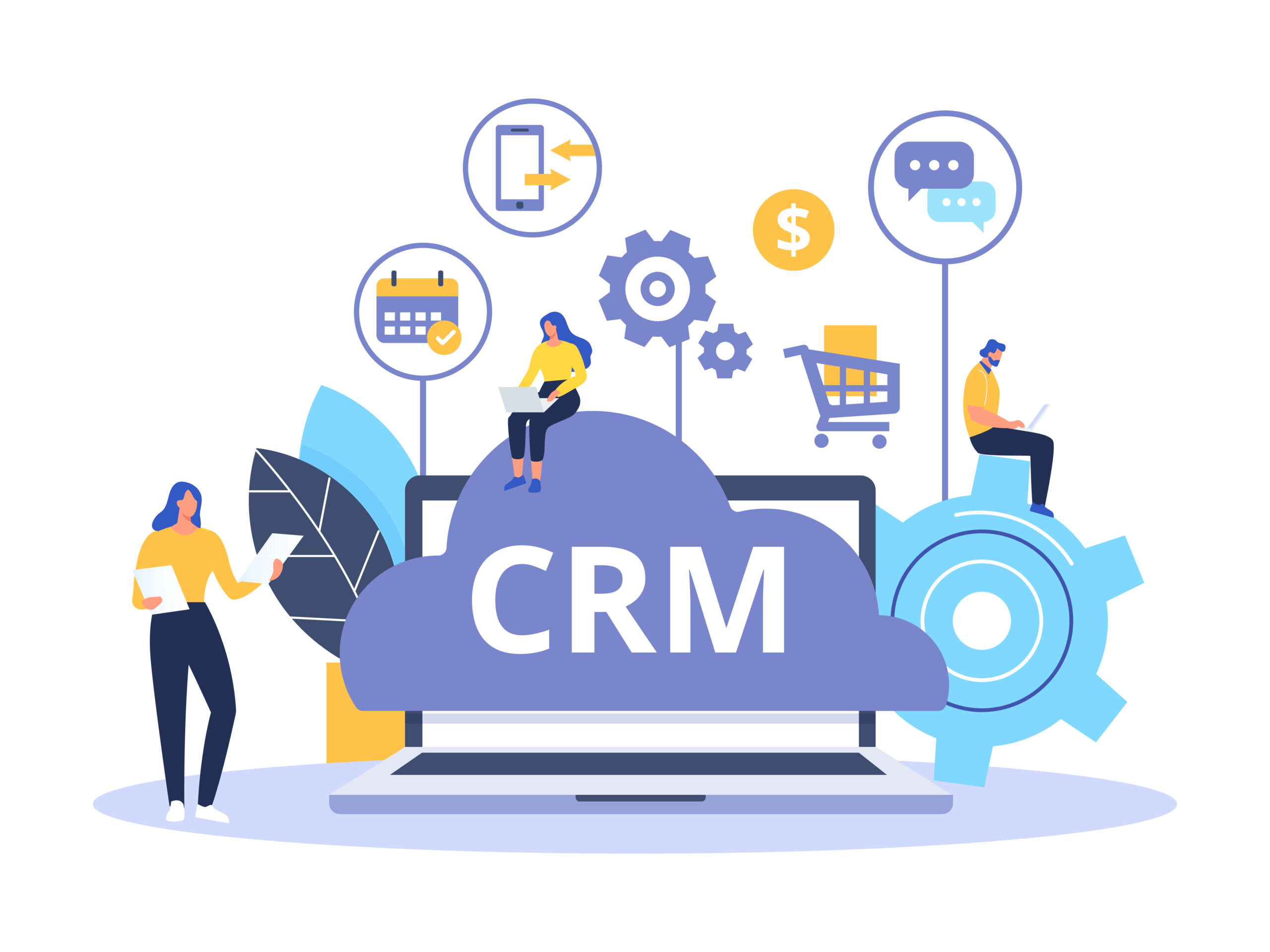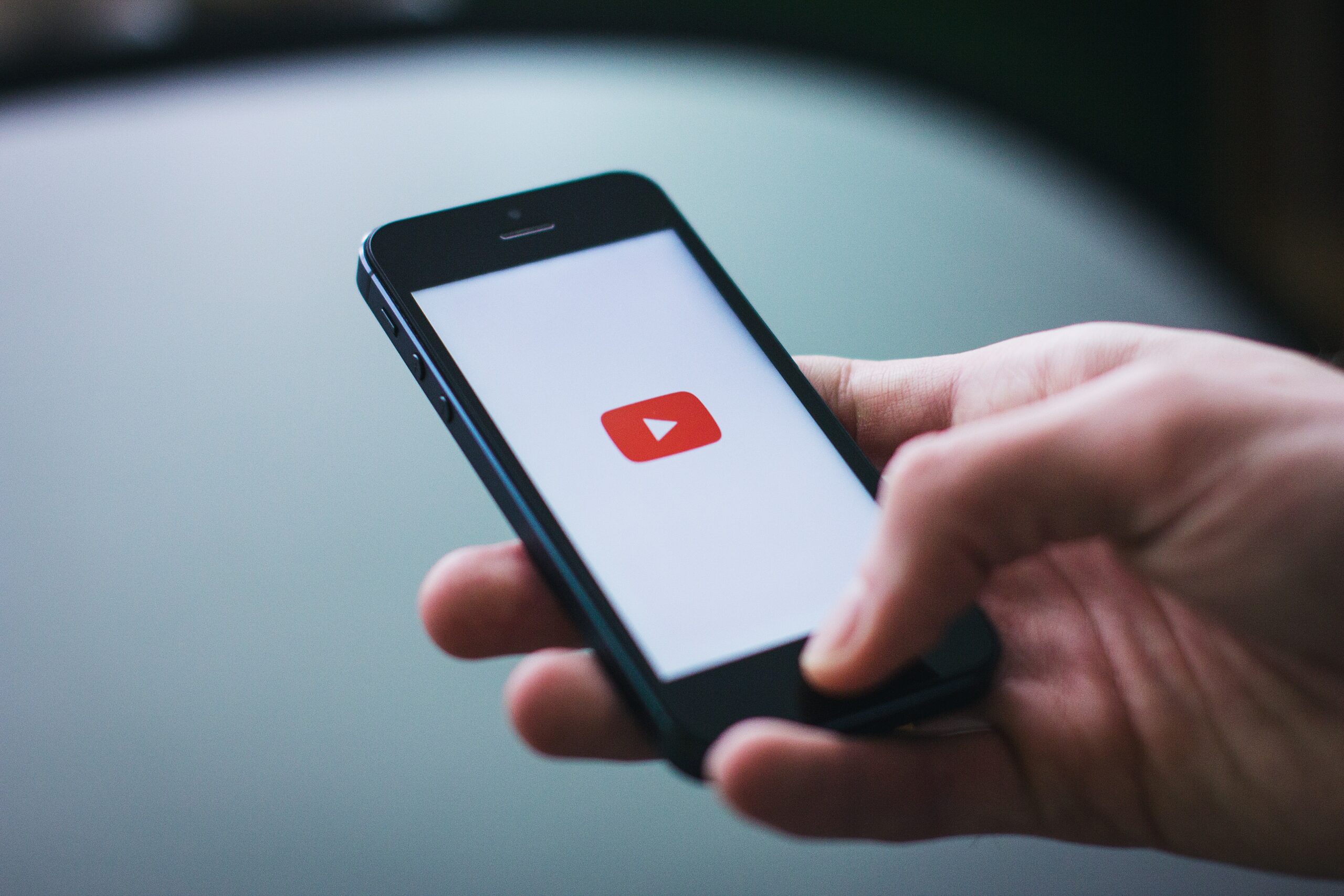CRM is a term almost every business owner will come across. It’s a valuable term that can affect how your business operates. Using CRM software will save you time and increase sales. Most CRM software can also improve customer relationships, contact management and help with the entire sales process. Every business can improve with CRM tools.
What is Customer Relationship Management?
Customer relationship management (CRM ) is about maximizing customer satisfaction. The easiest way to understand customer relationship management is that it goes above and beyond to bring the best customer service experience from every aspect of your business.
Customer relationship management software can make a difference in how you operate your business. It doesn’t matter if you’re operating a small or large company. Getting ahead of the customer experience at any stage of the game is important. It can help you with any part of the customer service process. There can be a lot of value that comes with CRM software that will touch on throughout this article. Customer relationship management systems have a lot of amazing features.
How Does CRM Software Work?
Do you know your customer’s information? Things like transaction history, contact information, and communication history – all are important things to know for business. These are all data points your CRM system can utilize to ensure a positive experience. Knowing more about the customer will allow you to make better decisions and sell more. The customer can also have a positive experience. Communication is important for any business.
But knowing this information is only one side of the equation. Where do you store your customer data? Keeping a log or even just remembering the information isn’t always the best solution. Customer relationship management software can ensure all the customer data stays in the same place and is active for everyone to look at it.
Customer relationship management software goes a step further than just knowing customer data. It ensures your business has the right information about each customer so you can tailor your efforts to their needs. It provides a solution for customer relationship management.
Improving Business with CRM Software
One takeaway about customer relationship management software is that it only relates to the customer service team, but this is far from the truth. Yes, the customer services team can use the CRM data provided to ensure a better customer service experience but other aspects of your business can also benefit. A CRM system is designed to help everyone from employees to customers. It’s about the full business processes.
Sales teams
Use the information to better understand clients and spend more time on selling than gathering information. A good CRM system will ensure a smooth sales cycle. They can also see an overview of team members whether that’s for different products or sales targets.
Marketing teams
Use the information to gain a clear vision of their customers. These CRM tools have a start-to-finish customer experience idea about the sale process. It can also provide marketing automation to streamline efforts. They don’t need to look for this data when they have CRM software. All of this can overall improve your marketing team.
HR department
Use the information to focus on employees. Customer relationship management software can also utilize employee data that can be beneficial for hr. They can look at the onboarding process, application process, and even day-to-day tasks.
If you’re not using customer relationship management software you’re missing out on time and data that your business needs. Having this information all in one place is an easy way of ensuring everyone in your business is on the same page. It’s also going to ensure your customers have a positive experience. CRM software is really a CRM solution.
The marketing team doesn’t have to spend time gaining valuable information about customer processes, the sales team can clearly understand the customer, and the customer service team can easily identify customers and share the information along with co-workers. It’s the sales and marketing automation that improve the business processes along with customer interactions and customer relationships.
Do You Need a CRM System?
Deciding on the right CRM software can be a tough decision, leaping is often the hardest step to anything new. People may even find themselves endlessly searching for the best CRM software. The first sign of needing a CRM platform is your employees or your customers are becoming a lot to manage. With the constant feeling of needing to keep up with emails, phone calls, or even day-to-day information about them, it may be time to consider CRM software.
Another key indicator can be multiple employees are dealing with the same customer. Information can get lost easily when passed along between employees. CRM software will ensure everyone is on the same page whether they’re in the office or at home.
Our last indicator but certainly not least is a long sales process. If your business currently has a long sales process it will be hard to remember that information. CRM software can easily keep track of customer information along with sales information. If the customer returns in 2 months or even 6 months you can pick up right where they left off.
Using Customer Relationship Management Software
Improving your business is a constant thought. Striving to be the best with your employees and customers is always an ongoing task. Having CRM services can improve your business by streamlining customer data and ensuring everyone is on the same page. Your team will have all the information they need about customers and your customers can return having a positive experience every time.




